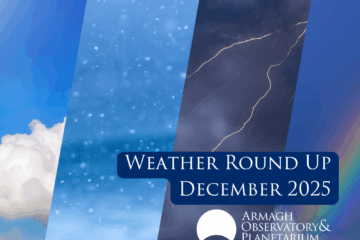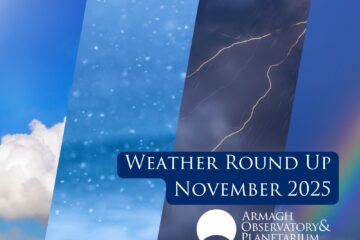As the leaves turn vibrant shades of red and gold, and the air grows crisp, autumn brings a special magic to the night sky. With longer nights and clearer views, this season is perfect for stargazing. Here are some highlights you won’t want to miss!
Constellations
Pegasus
Pegasus is a winged horse in Greek mythology. On a clear night you can spot its major asterism – the great square of Pegasus. The constellation itself is “horse-ish,” like someone started drawing one and then got distracted halfway through.
Andromeda
Andromeda, the princess from Greek mythology, had a pretty rough deal. Thanks to her mom, Cassiopeia, boasting a little too much about their beauty, Andromeda ended up as a sacrifice to a sea monster. Imagine just minding your business, and suddenly you’re tied to a rock because of some family drama. Andromeda’s forever up in the night sky, a constellation reminding us that even royalty can have some seriously bad luck!
Andromeda Galaxy
On a clear night in the northern hemisphere, you can spot the andromeda galaxy with your naked eye. Our cosmic neighbour and the universe’s version of “Hey, can I borrow a cup of sugar?”. Our neighbouring galaxy is actually the most distant thing you can spot with the naked eye, it is 2.54 million light years away. A lot of people ask ‘how far away can you see’, there’s your answer.
Moon
November’s moon is known as the Beaver Moon. The Beaver Moon is a beautiful sight, shining brightly in the crisp November sky. It’s often a reminder of the changing seasons, with winter just around the corner. So, as you gaze at the November moon, think of those industrious beavers working hard to get ready for the cold! We will have a supermoon 15th November, Supermoons occur at perigee: the point in the Moon’s orbit where it’s closest to Earth. A perigee full Moon appears a little brighter and larger than an average full Moon, and is known by some as a ‘supermoon’.
Meteor Shower
Leonids Meteor Shower will occur 17th-18th November. You might catch 10-15 meteors per hour, if you’re lucky. Or you’ll just stare at the sky for an hour and see two. If you do catch a shooting star, make a wish—unless it’s for more meteors, because that’s not happening.
Happy stargazing! If you have any questions please comment below and we will do our best to answer you, we will see you again in a month for the last night sky round up of 2024!






0 Comments